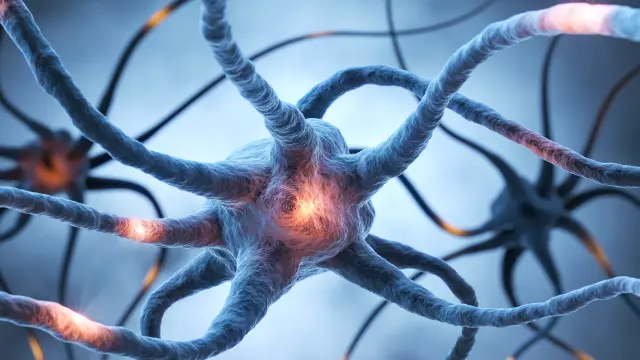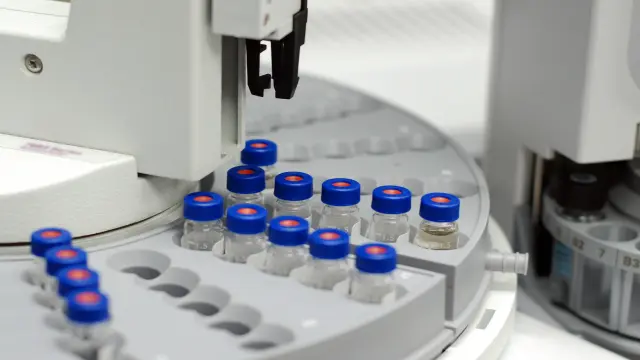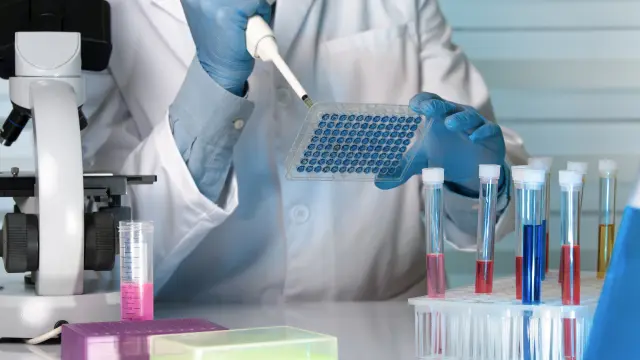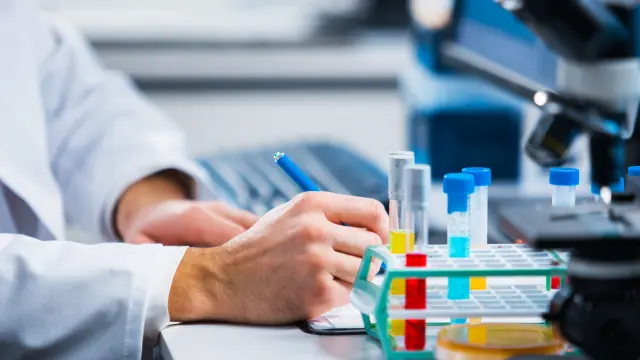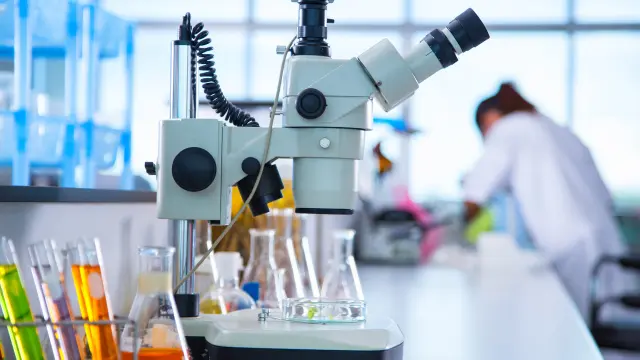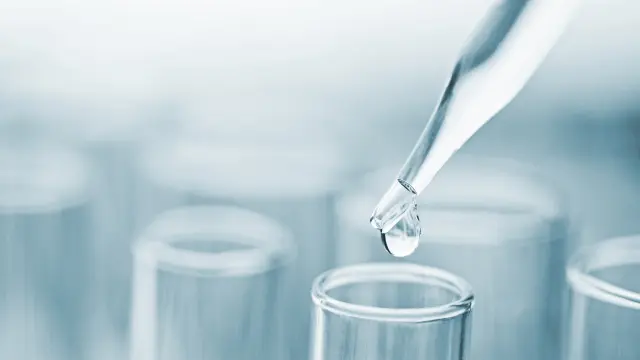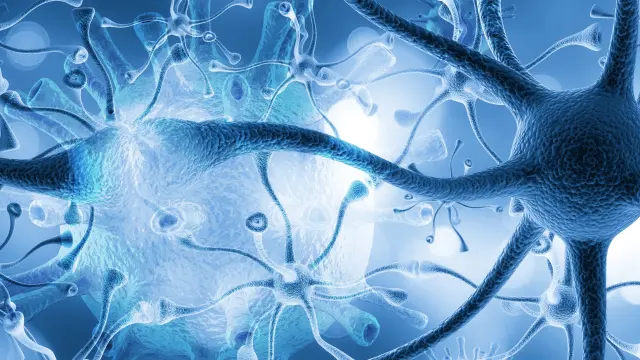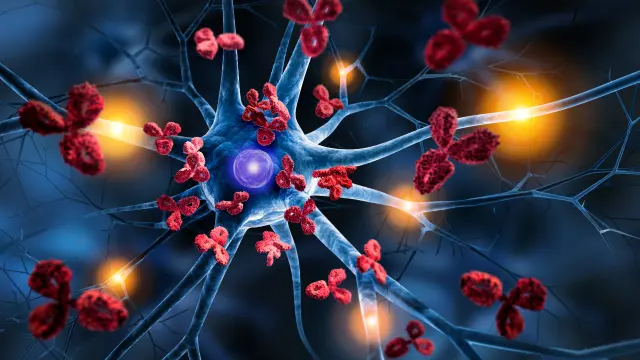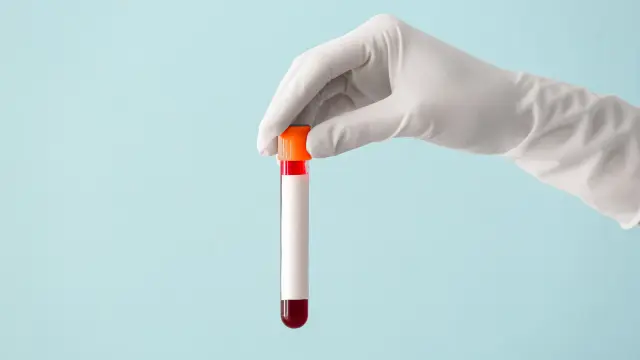What Are The Various Bioequivalence And Bioavailability Studies?
Bioequivalence and Bioavailability Studies by NorthEast BioLab
Drug Discovery
At the time of drug discovery, various compounds of the drugs are assessed for bioavailability. Low bioavailability can be a negative factor due to several reasons. Compound with low bioavailability may not reach therapeutic levels in systemic circulation or require very high dose which may be expensive or toxic. These compounds may require further chemical changes to improve bioavailability. These issues are evaluated during drug discovery, and the compound with good bioavailability and therapeutic value is selected for further development. We assist in the effective execution of these drug discovery studies under the supervision of our skilled scientists.
Preclinical Study
NorthEast BioLab strictly follows mandated regulations for preclinical bioavailability and bioequivalence studies, leading to secure execution and valuable data collection. At the end of preclinical investigations, the safe and efficacious drug candidates are shortlisted for further development.
Clinical Study
Once a drug candidate moves to the clinical phase, a suitable formulation with optimum bioavailability is developed. Since the first study needs to be started with a safe dosage, tablets are prepared with only the low dose levels. As the study progresses, higher doses are administered and found safe. At this stage, it becomes necessary to reformulate the drug with higher API concentration. FDA requires that bioequivalence studies be performed to claim that these multiple tablets of smaller dose are bioequivalent to a single tablet of the higher dose.



